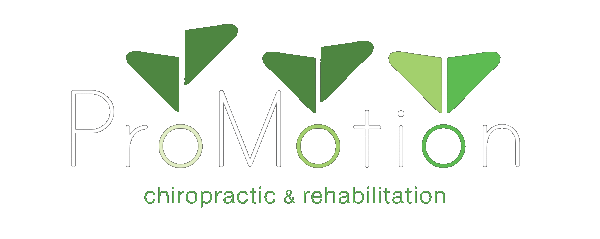Creatine is a very popular supplement in the fitness community and is also one of the most researched performance enhancing supplements (behind protein and caffeine) out there. Although its muscle and strength enhancing properties have been well researched, until recently no other benefits had been investigated or touted. New research has led to a greater understanding of the compound and its effects of cognitive function. Let’s discuss some of those recent findings.
Before diving into its cognitive effects, let's briefly understand what creatine is. Creatine is a naturally occurring compound that your body produces and is found in small amounts in foods like meat and fish. It plays a crucial role in cellular energy metabolism, primarily recycling adenosine triphosphate (ATP), the body's main energy currency. This energy boost is vital for cells requiring rapid and immediate energy, such as muscle cells.
Several studies have explored the potential cognitive benefits of creatine, primarily focusing on memory and cognitive performance. Here’s a summary of some significant findings:
1. Working Memory: Research suggests that creatine supplementation may enhance working memory, which is responsible for short-term information processing. In a study conducted on young adults, those who supplemented with creatine demonstrated improved performance on a series of working memory tasks.
2. Intelligence and Fluid Intelligence: Fluid intelligence is the ability to reason and solve novel problems, independent of acquired knowledge. Some studies have shown that creatine supplementation may improve fluid intelligence. In a study involving vegetarians, who typically have lower creatine levels, those who supplemented with creatine exhibited enhanced intelligence scores compared to the placebo group.
3. Fatigue Resistance and Mental Effort: Creatine supplementation has been linked to increased resistance to mental fatigue, allowing individuals to sustain cognitive effort for longer durations. This research suggests that creatine may assist in maintaining cognitive function during mentally demanding tasks.
Unfortunately the exact reason why creatine appears to improve cognitive function is unclear, however there are a few proposed mechanisms like increasing ATP availability which could provide a more readily available energy source for cognitive tasks. It also may improve neurotransmitter function or could improve cerebral blood flow which leads to higher levels of oxygen in the brain also improving cognitive function.
While more research and evidence is needed to explore creatine's long-term cognitive effects, optimal dosage, and potential side effects, there is growing evidence supporting its positive influence on memory, cognitive performance, resistance to mental fatigue, and fluid intelligence. However, it is important to note that individual responses to creatine supplementation may vary.
Before considering creatine supplementation for cognitive benefits, it is wise to consult with a healthcare professional, especially if you have any pre-existing medical conditions or are taking medication.
In conclusion, creatine's association with improved cognitive function opens exciting avenues for future research. It may pave the way for new insights into cognitive enhancement strategies and holds promise for individuals looking to improve their cognitive abilities through natural means.
